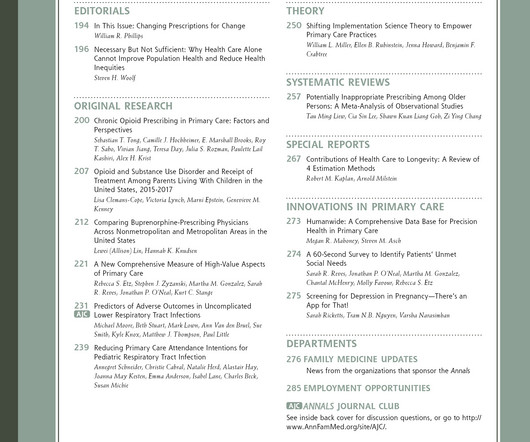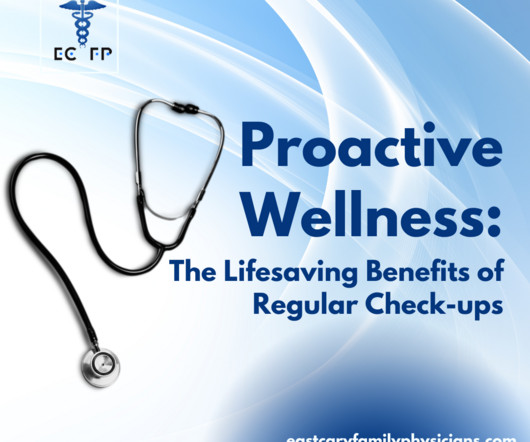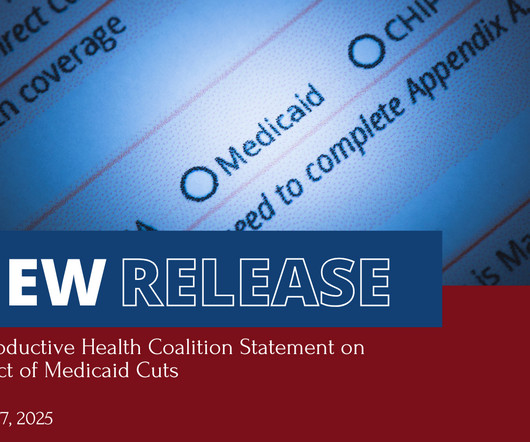Molecular Analysis Improves FH Prognosis & Risk Stratification
Physician's Weekly
JUNE 24, 2025
Adding genetic testing to clinical familial hypercholesterolemia screening improves risk assessment, prognosis and helps to guide targeted therapy. Familial hypercholesterolemia is one subset of hypercholesterolemia. Records also included other information related to cardiovascular risk and history.


















Let's personalize your content